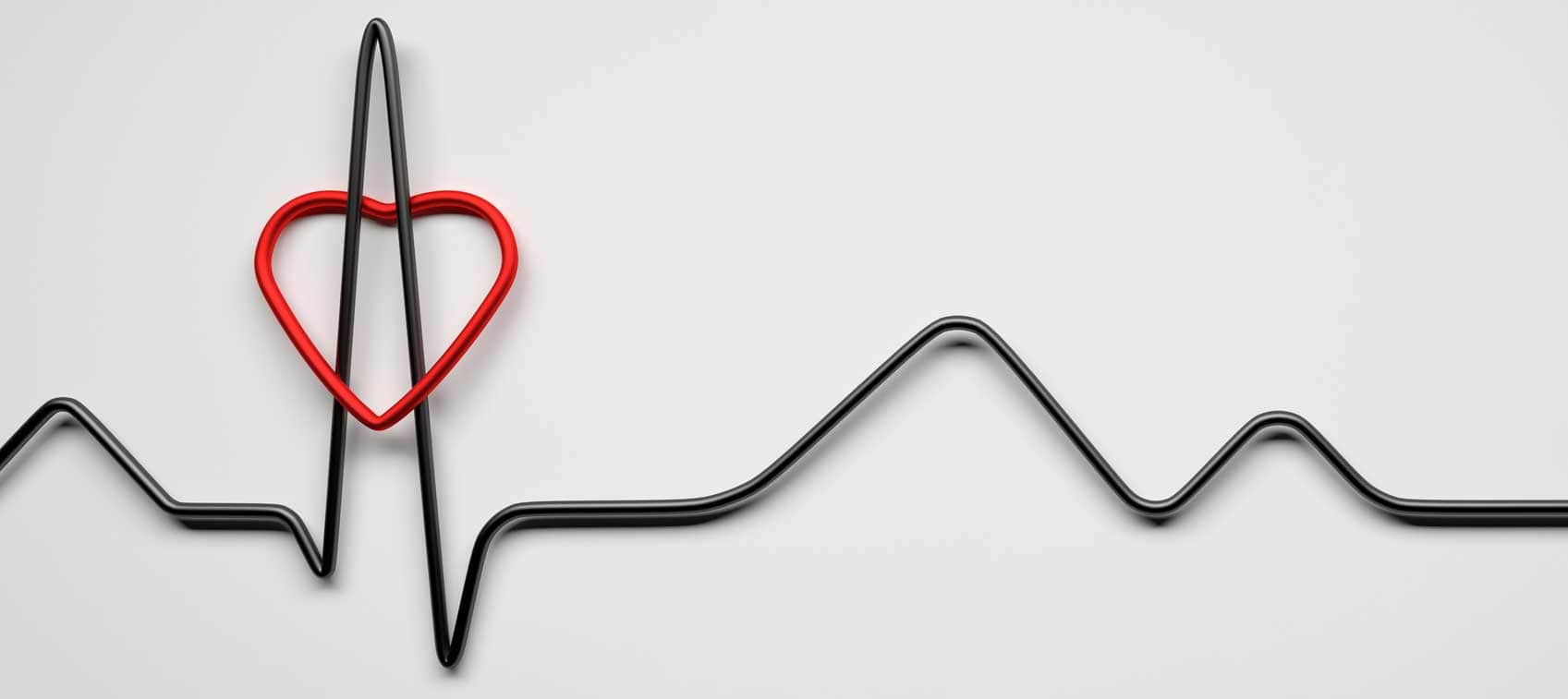
You know that having high blood pressure and being overweight or out of shape increases your risk of heart disease. But did you realize that a number of other health challenges are also linked with cardiovascular disorders? Although many of these conditions may not seem to have much in common with heart disease, they can significantly increase your risk—and serve as an early wake-up call to improve your cardiovascular health.
Erectile Dysfunction
Vascular disease is not limited to the coronary arteries. It can also show up in the legs, the brain, and even the penis. Erectile dysfunction (ED) often results from damage to the endothelium, the layer of cells lining the arteries. This is the same process that occurs in atherosclerosis—the buildup of plaque in the arteries that is an underlying cause of heart attacks and strokes. In ED, it reduces blood flow to the penis and impairs normal erections. In fact, ED is a marker of endothelial dysfunction and an independent risk factor for heart disease.
Having both cardiovascular disease and ED, especially severe ED, is of particular concern. A meta-analysis of 25 studies concluded that the combination of the two conditions puts men at significantly greater risk of heart attack, stroke, and premature death. Any man with complaints of ED should get a full cardiovascular workup.
Intestinal Disorders
The idea that heart and intestinal health are related is not new. John Harvey Kellogg, MD, a pioneer of nutritional medicine, reported in his 1915 book on colonic hygiene a clear connection between colon dysfunction and cardiovascular disease. This connection has been strengthened over the past few decades by research on the gut microbiota—the trillions of microorganisms that reside in your gut—and its profound influence on all aspects of your health.
Inflammation, diverticulitis, irritable bowel syndrome, colitis, colon cancer, and other intestinal ailments involve disruptions in the gut microbiota, which affects—and is affected by—other systems, including your heart and arteries. Nurture your gut microbiota by drinking plenty of water, eating foods rich in fiber, and avoiding sugar, which feeds the pathogenic bacteria in your gut. You can further support your gut microbiota with supplemental probiotics, prebiotics that “feed” healthy bacteria, and fermented foods such as miso, tempeh, kefir, kimchi, yogurt, and sauerkraut.
Gallstones
Gallstones are small, hard masses that form in the gallbladder. When they become lodged in the gallbladder or the bile ducts, they cause pain and inflammation and generally require surgical removal. Gallstones may not be the first thing that comes to mind when you’re considering cardiovascular risk factors, but links between the two are quite robust.
A 2019 meta-analysis of 14 studies involving more than 1.2 million participants concluded that, compared to individuals who had never had gallstones, those who had a history of gallstone disease had a 23% greater risk of heart disease. These findings suggest that anyone with gallbladder disease should be monitored for coronary artery disease and other cardiovascular disorders.
Sleep Apnea
People with sleep apnea experience multiple episodes of breathing cessation throughout the night. These episodes, which can occur dozens of times a night, are hard on your heart. Studies have linked sleep apnea with an increased risk of hypertension, heart failure, and cardiac arrhythmias as well as heart attacks and strokes. This condition is also associated with obesity and diabetes, which are additional cardiovascular risk factors.
If you think you may have sleep apnea—or your spouse tells you that you snore or have disturbed sleep—talk to your doctor about a sleep study. There are solutions. CPAP (continuous positive airway pressure) devices deliver a stream of air via a nose or full-face mask that keeps your airway open while you sleep. For some patients, an improvement in quality of sleep can be noticed after a single night’s use. More importantly, a meta-analysis of 27 studies revealed that individuals with sleep apnea who were treated with CPAP had a significantly reduced risk of death from cardiovascular disease and other causes.
Depression & Anxiety
The connection between heart disease and emotions is so strong that a history of major depression or chronic anxiety is considered to be a powerful independent predictor of future cardiac events. Negative emotional states such as depression and anxiety set off a cascade of stress hormones that have profound negative effects on your body, including:
- Higher resting heart rate
- Lowered heart rate variability, indicative of excessive stress
- Impaired vagal tone, a nervous system response that suggests a reduced ability to relax and self-soothe
- Elevated levels of norepinephrine, a neurotransmitter and hormone released in response to perceived stress
Making matters worse, people who are depressed, anxious, sad, frustrated, or angry are more likely to indulge in poor health habits such as smoking, overeating, avoiding exercise, and using drugs or alcohol to try to balance their emotions. If you are depressed or chronically anxious, it's important to seek out a mental health professional to get to the root of the issue.
Vital Exhaustion & Adrenal Fatigue
Vital exhaustion is a condition in which you are stressed to the point of exhaustion. It is characterized by lack of energy, increased irritability, and feelings of being overwhelmed, dejected, or defeated. Vital exhaustion is correlated with increased blood coagulability, or stickiness, which can be a harbinger of clots, heart attack, stroke, and other cardiac events.
Much of the increased risk has to do with hormones that are released by the adrenal glands in response to stress. When your adrenals are continuously churning out excessive amounts of cortisol and other stress hormones, they are overworked and eventually wear out. Known as adrenal fatigue, this condition can leave you with all the symptoms of vital exhaustion. When you are struggling with this degree of burnout, every system in your body is impacted, including your cardiovascular system. It is imperative that you seek medical attention for these disorders.


